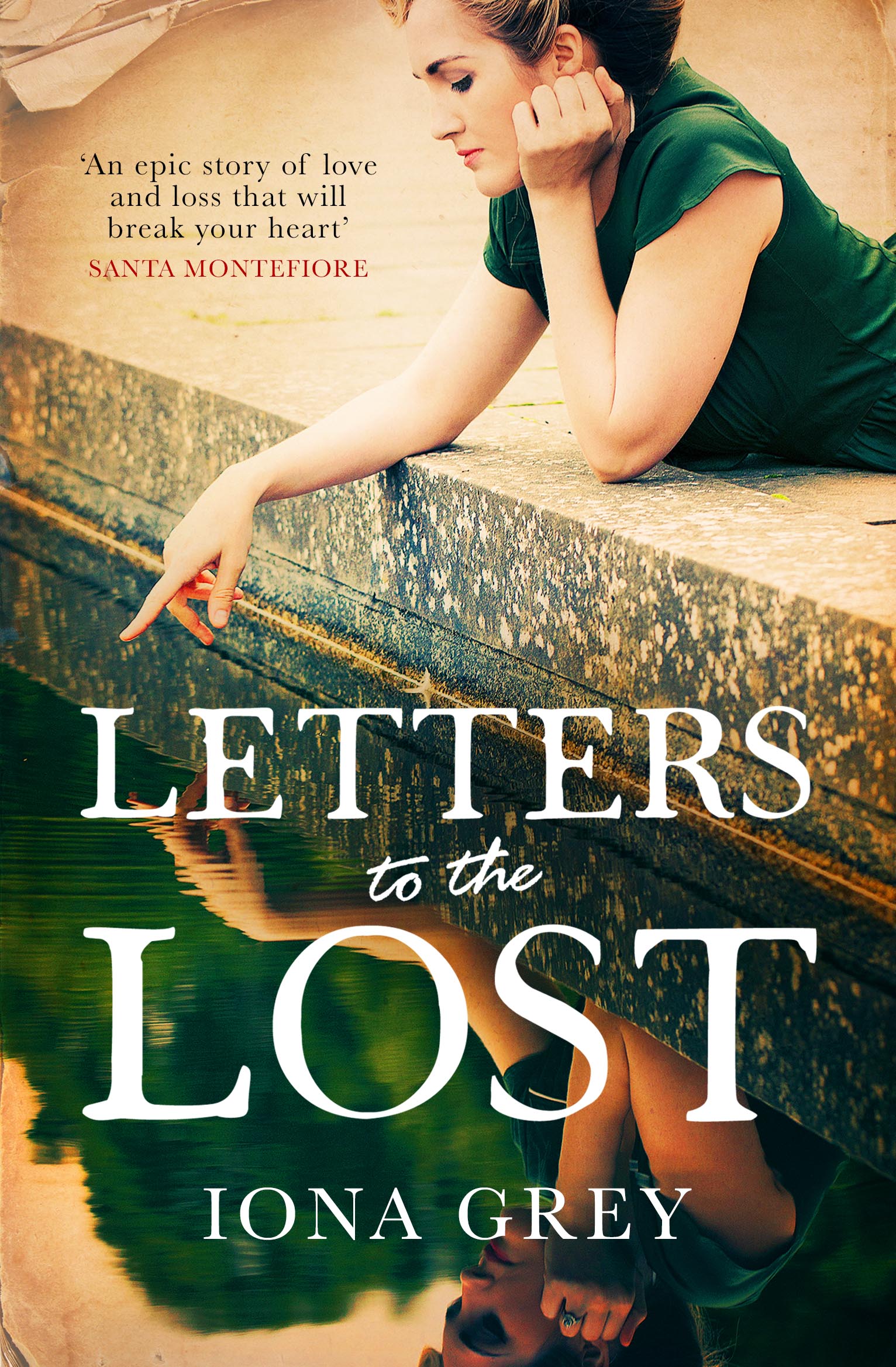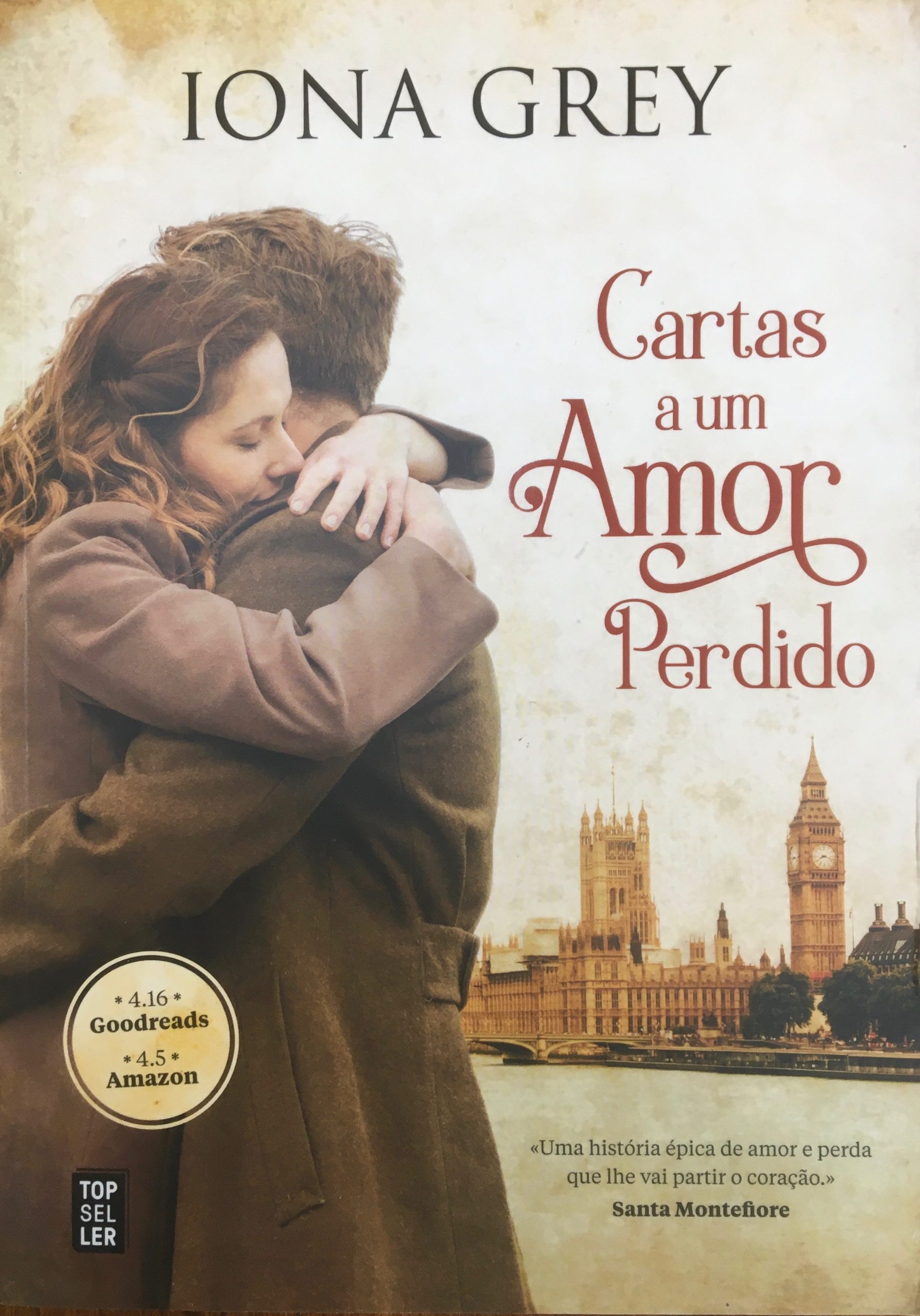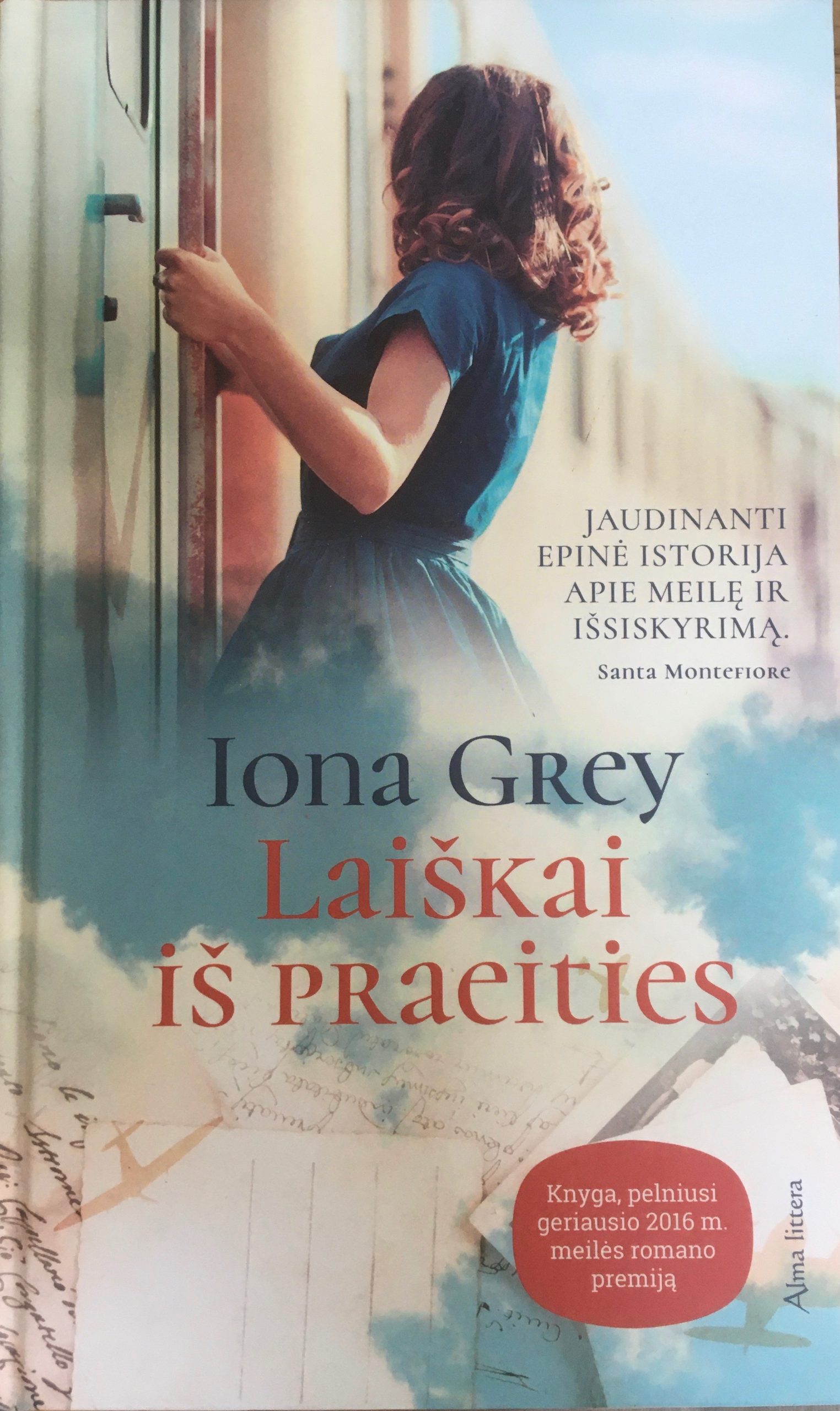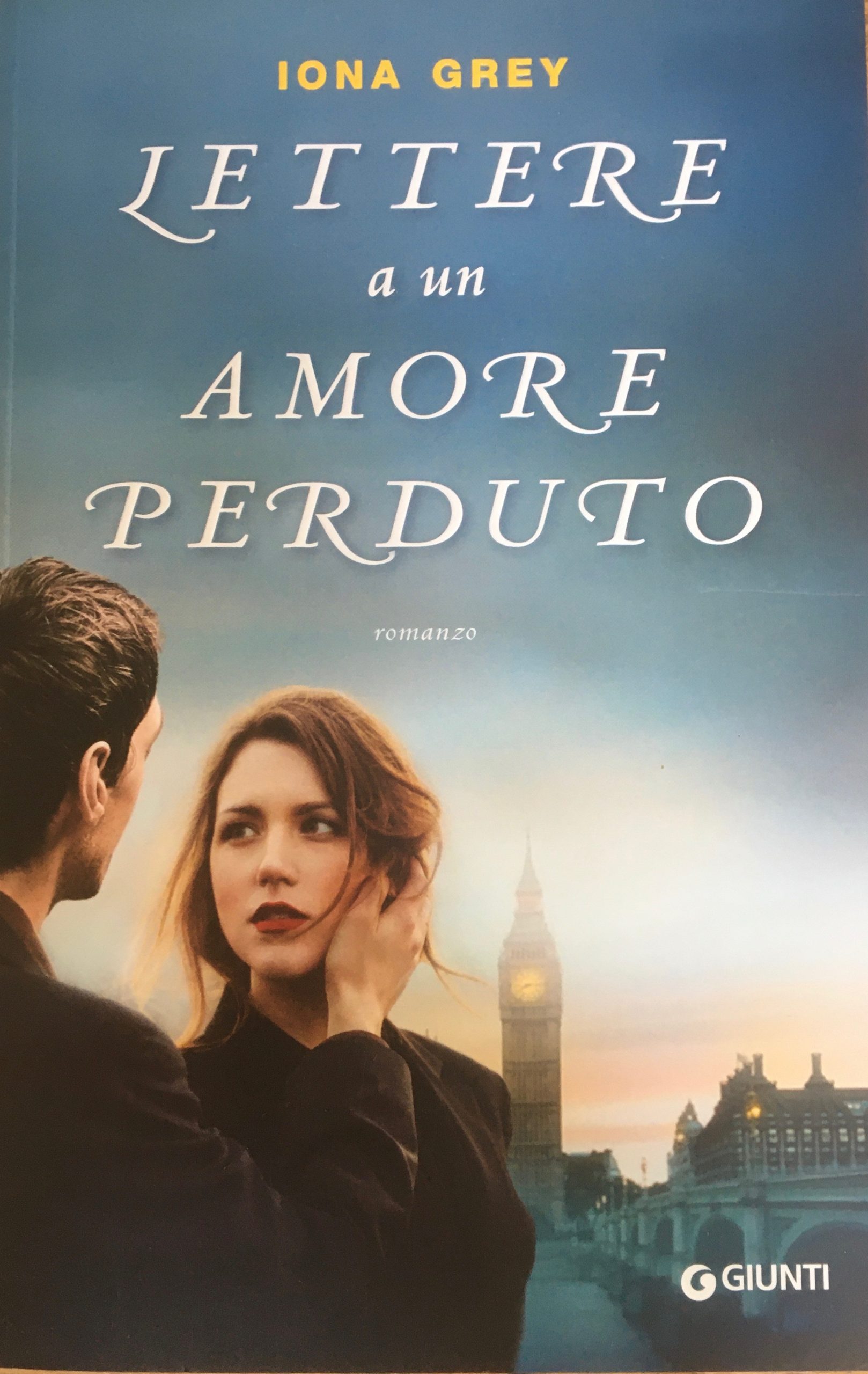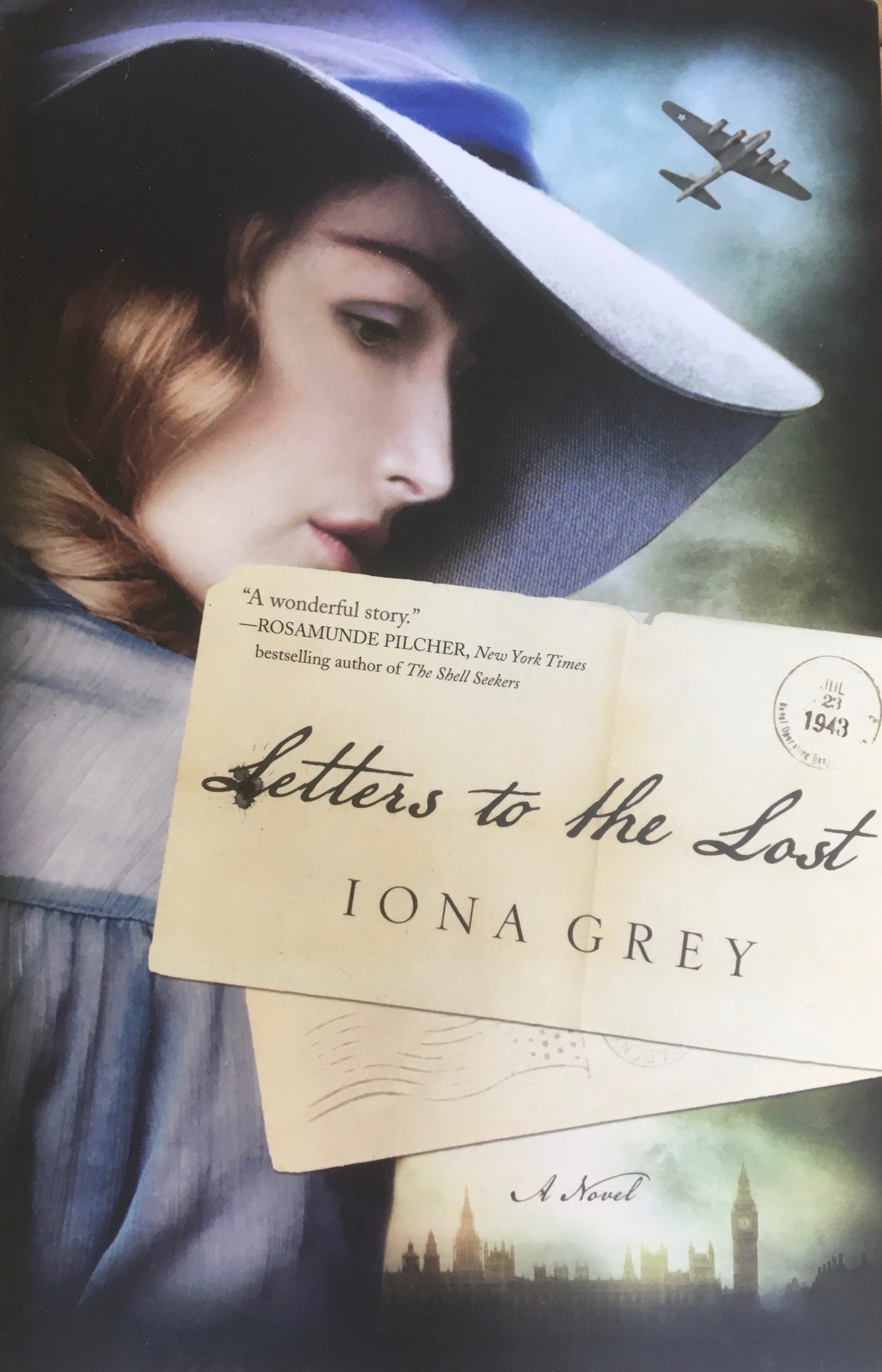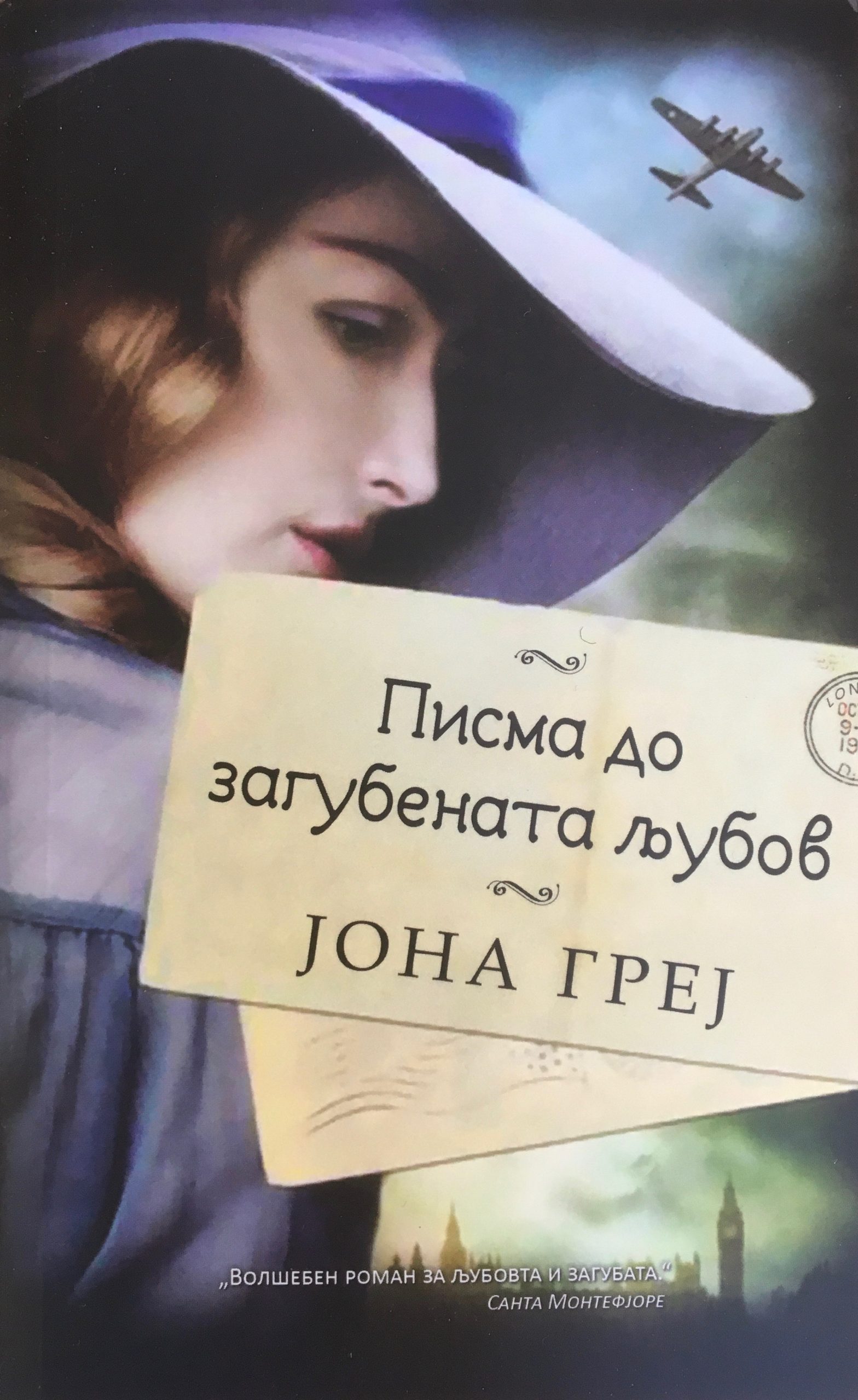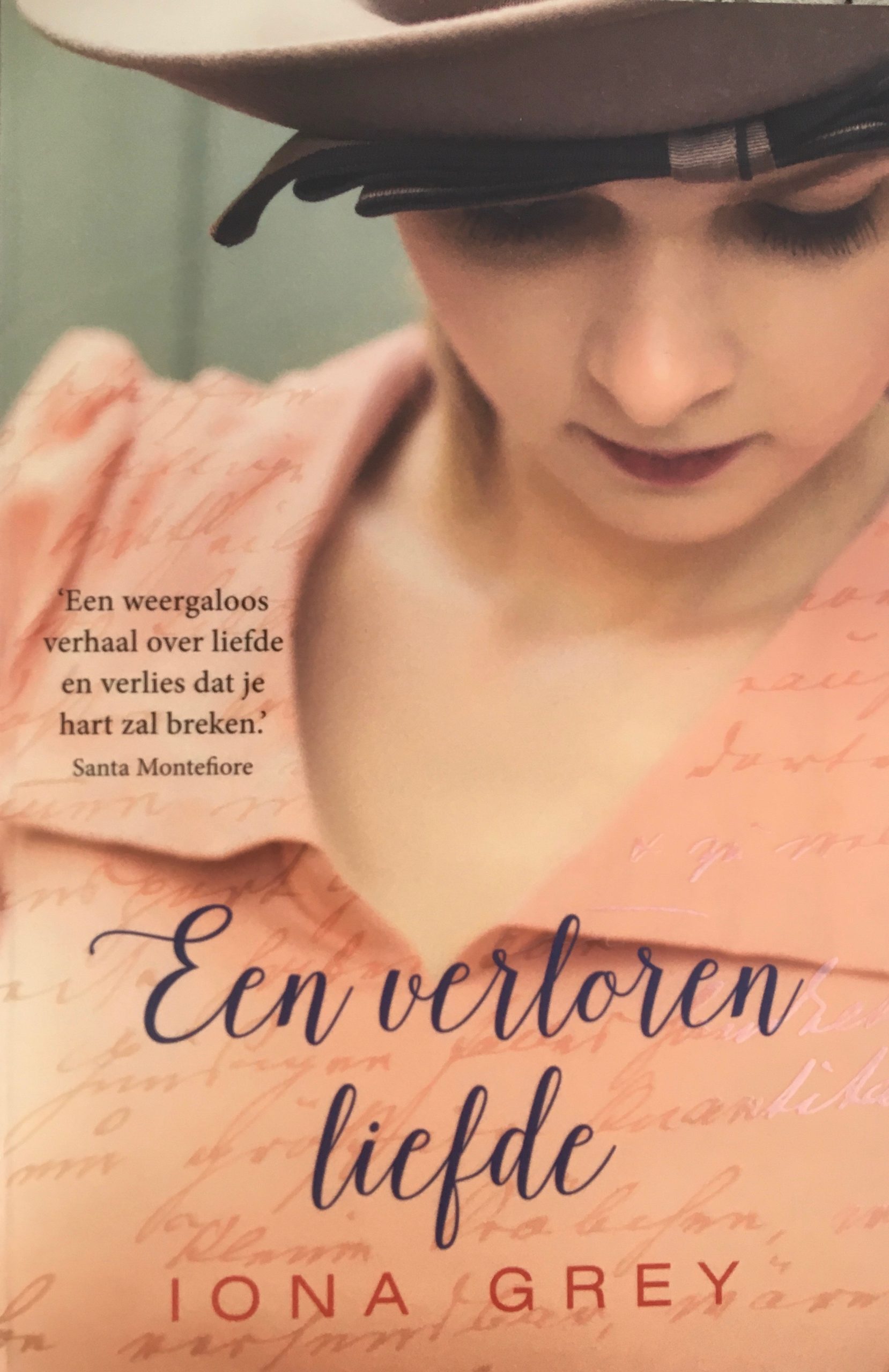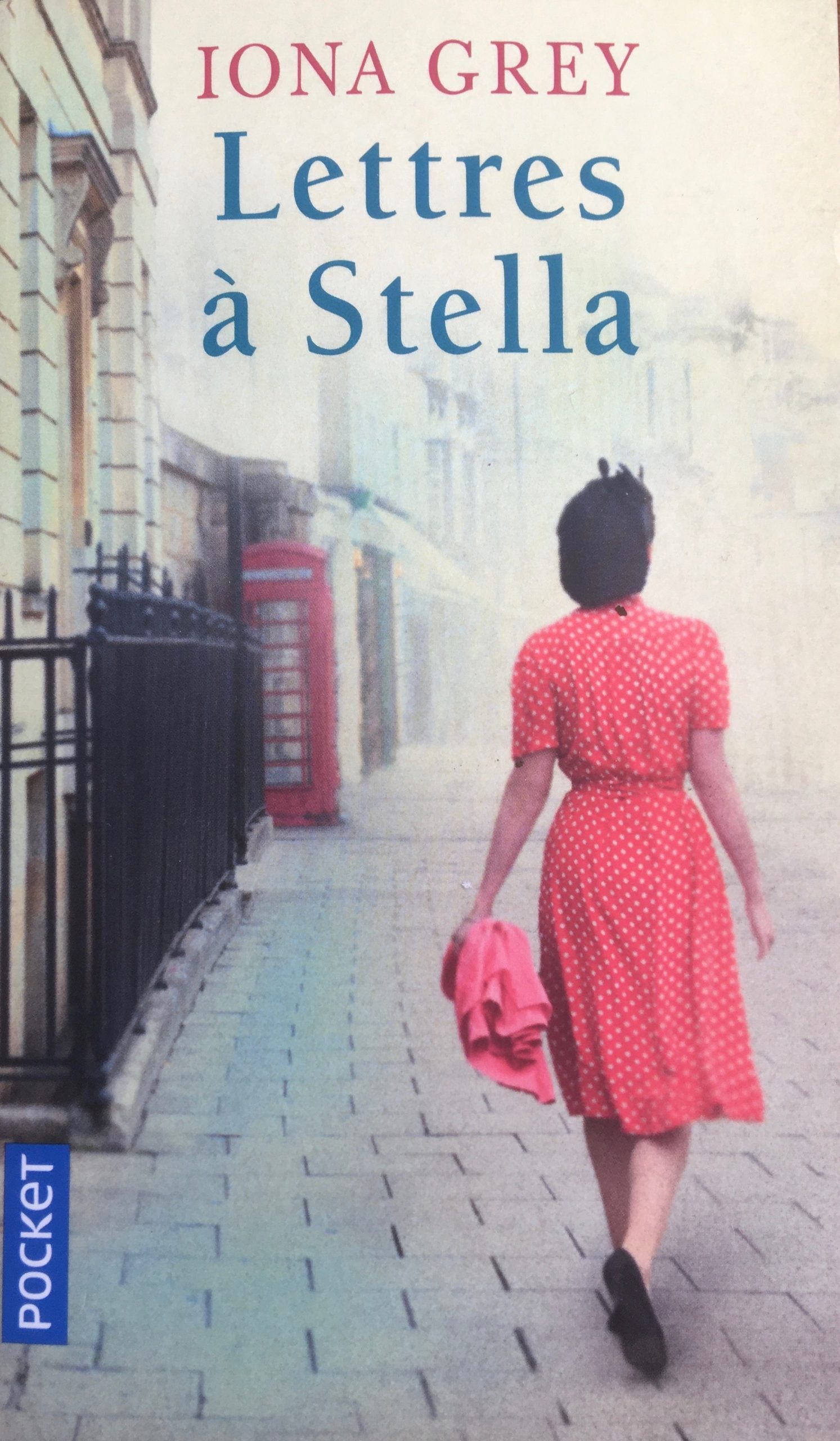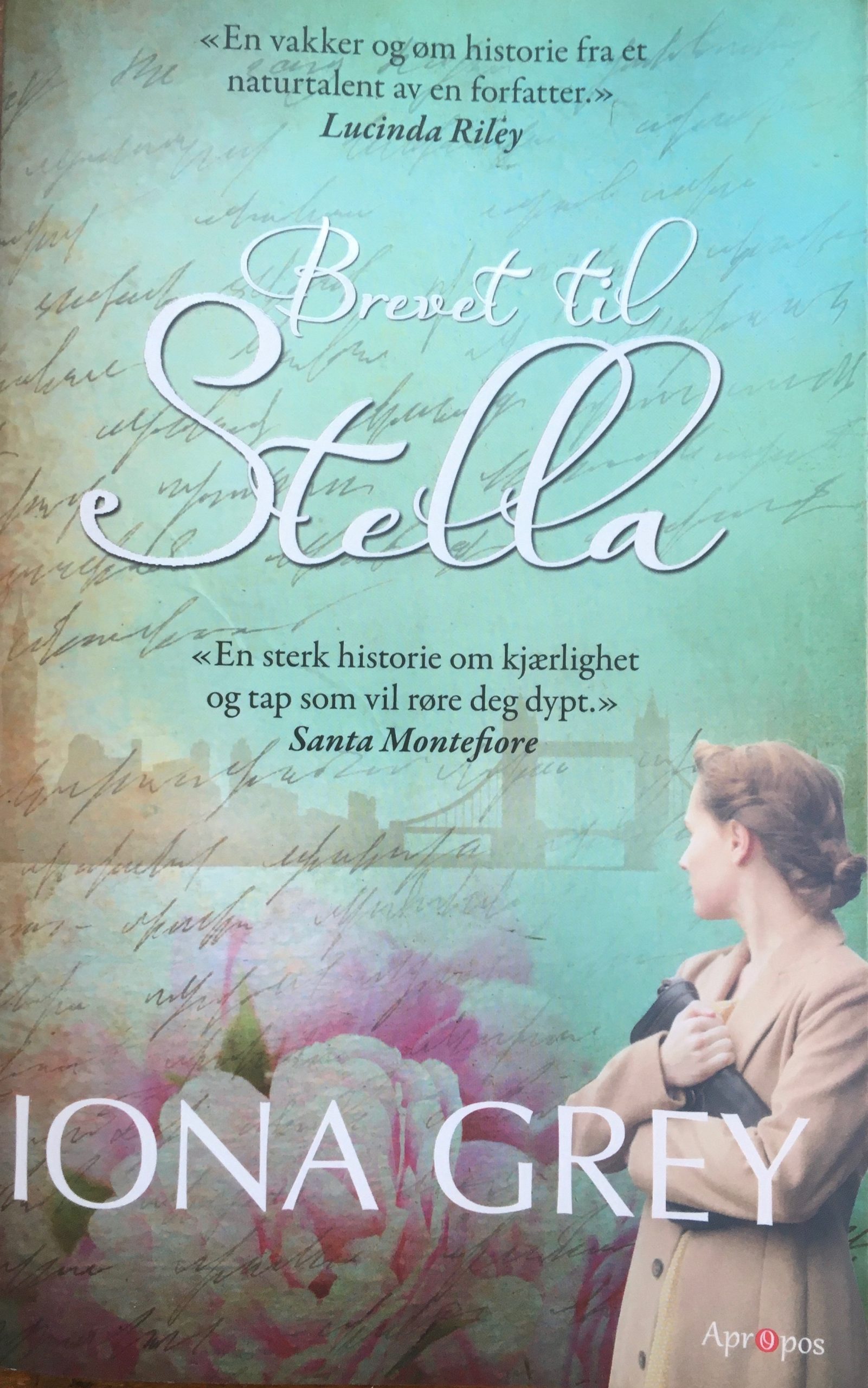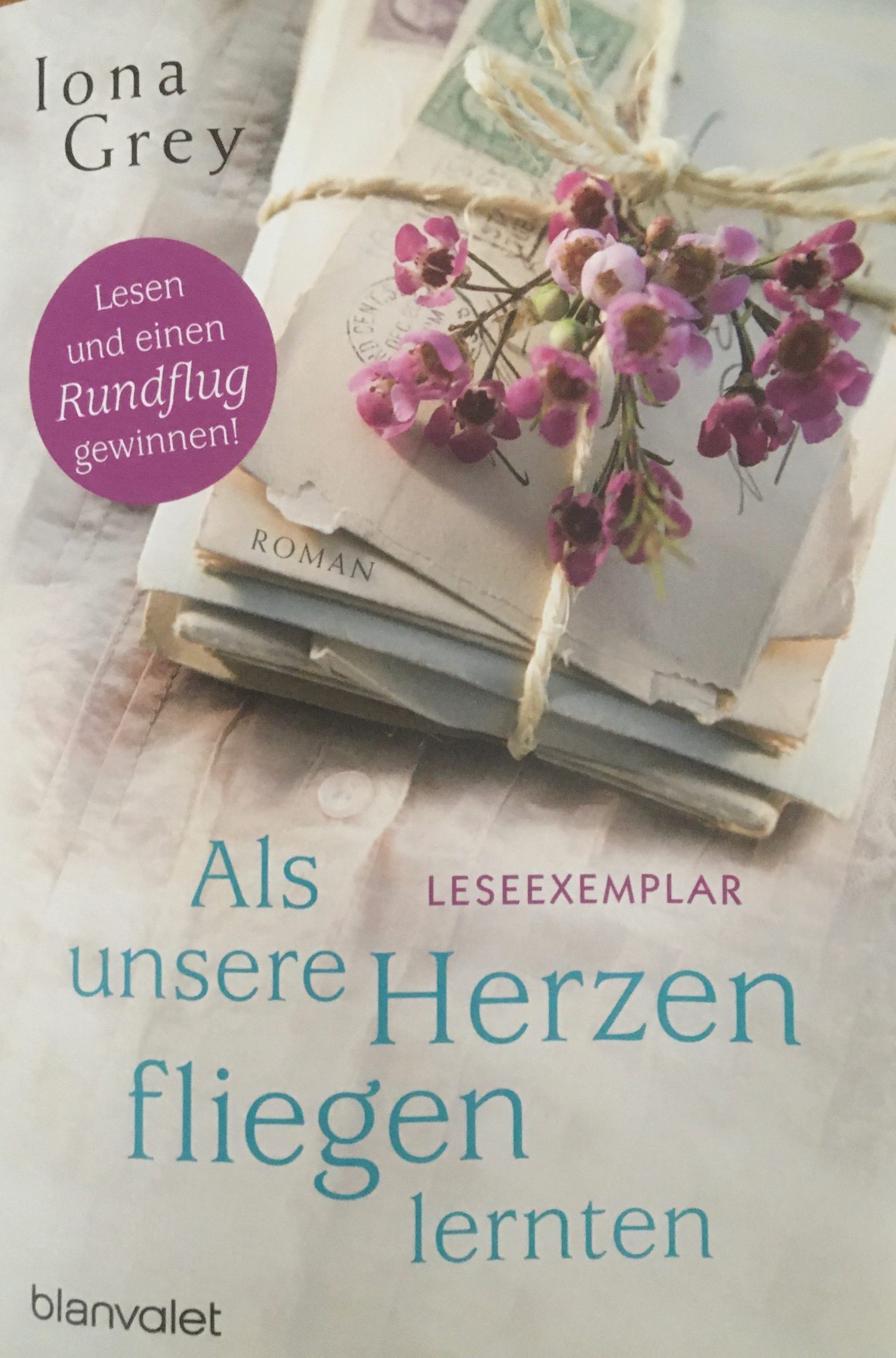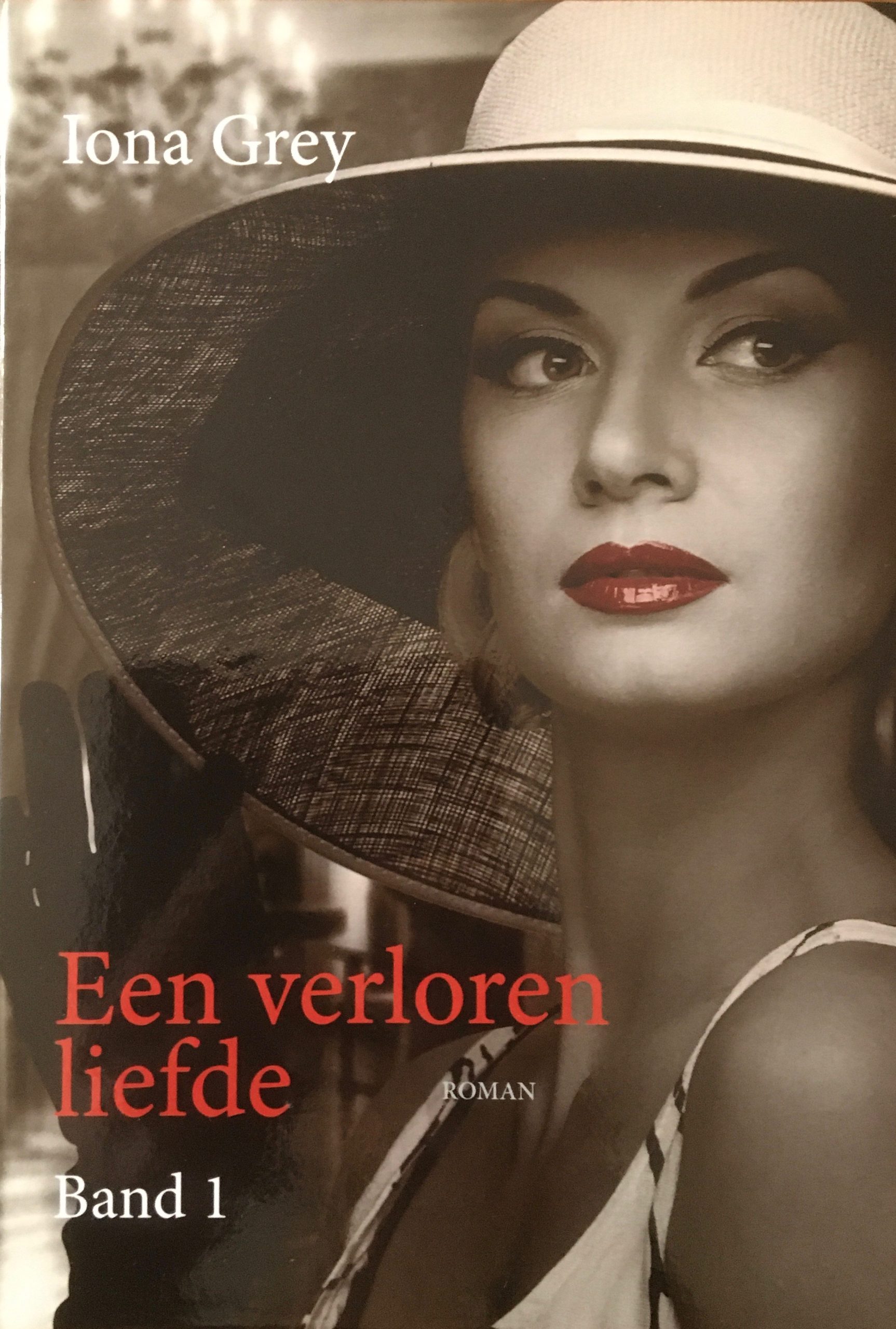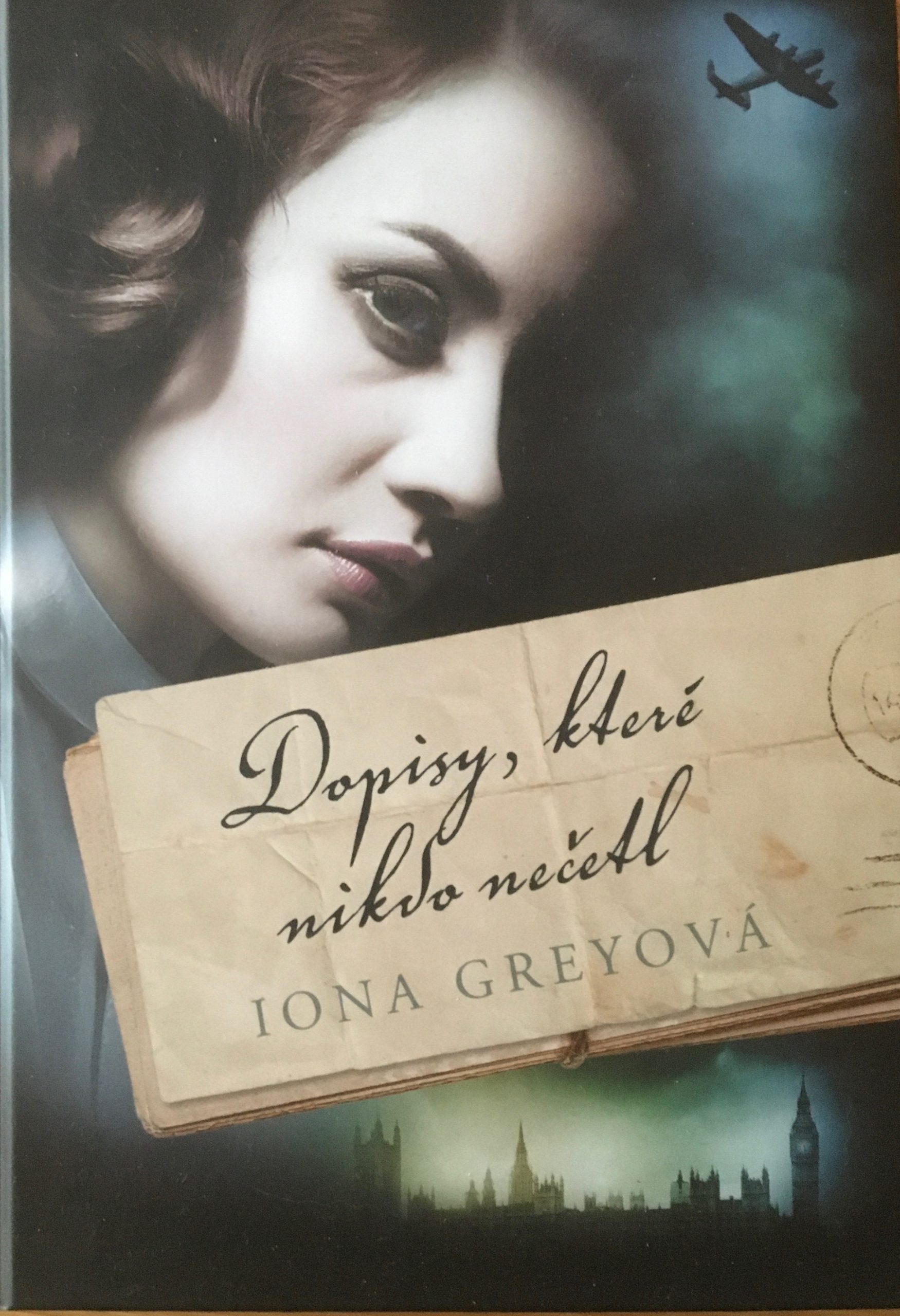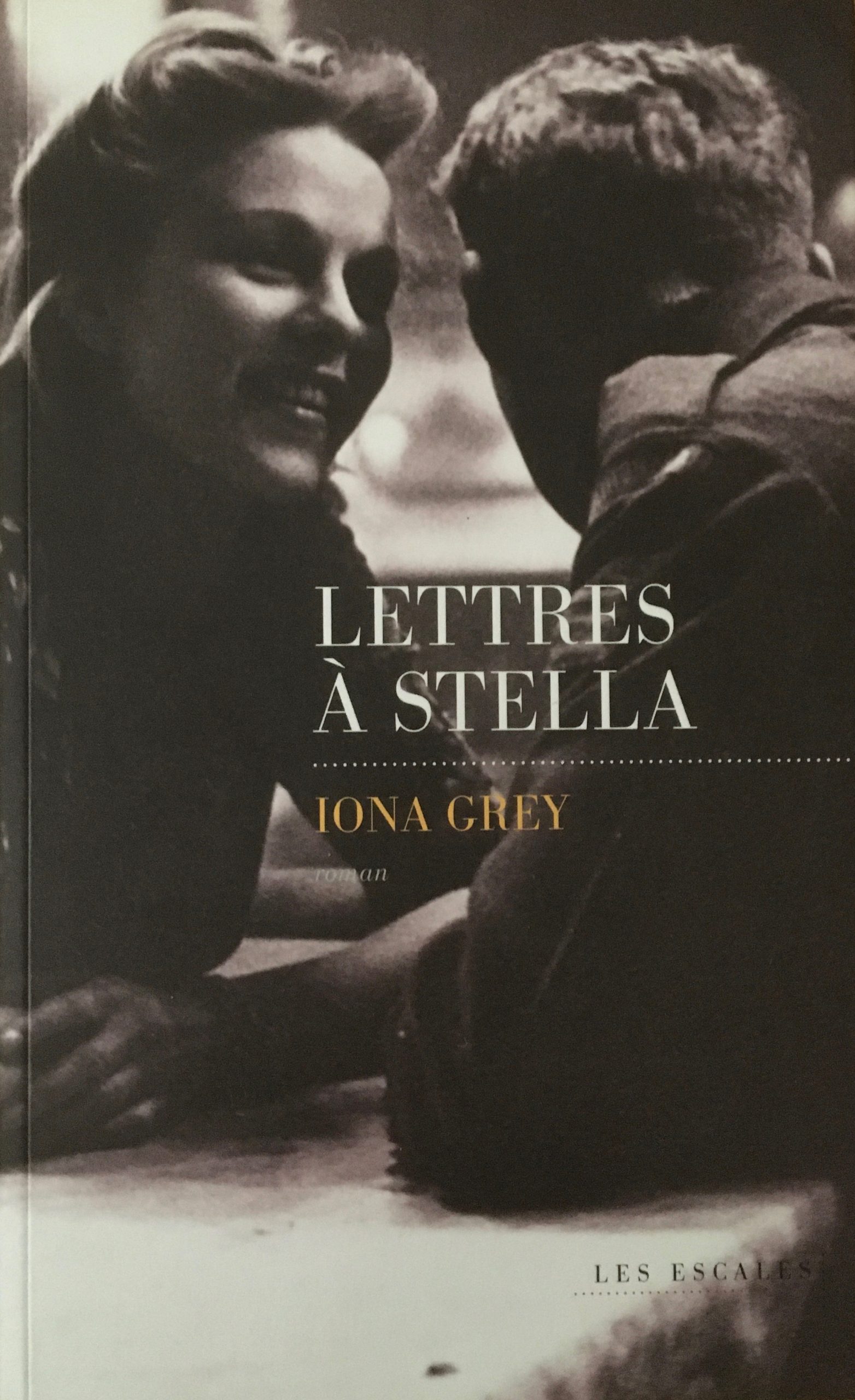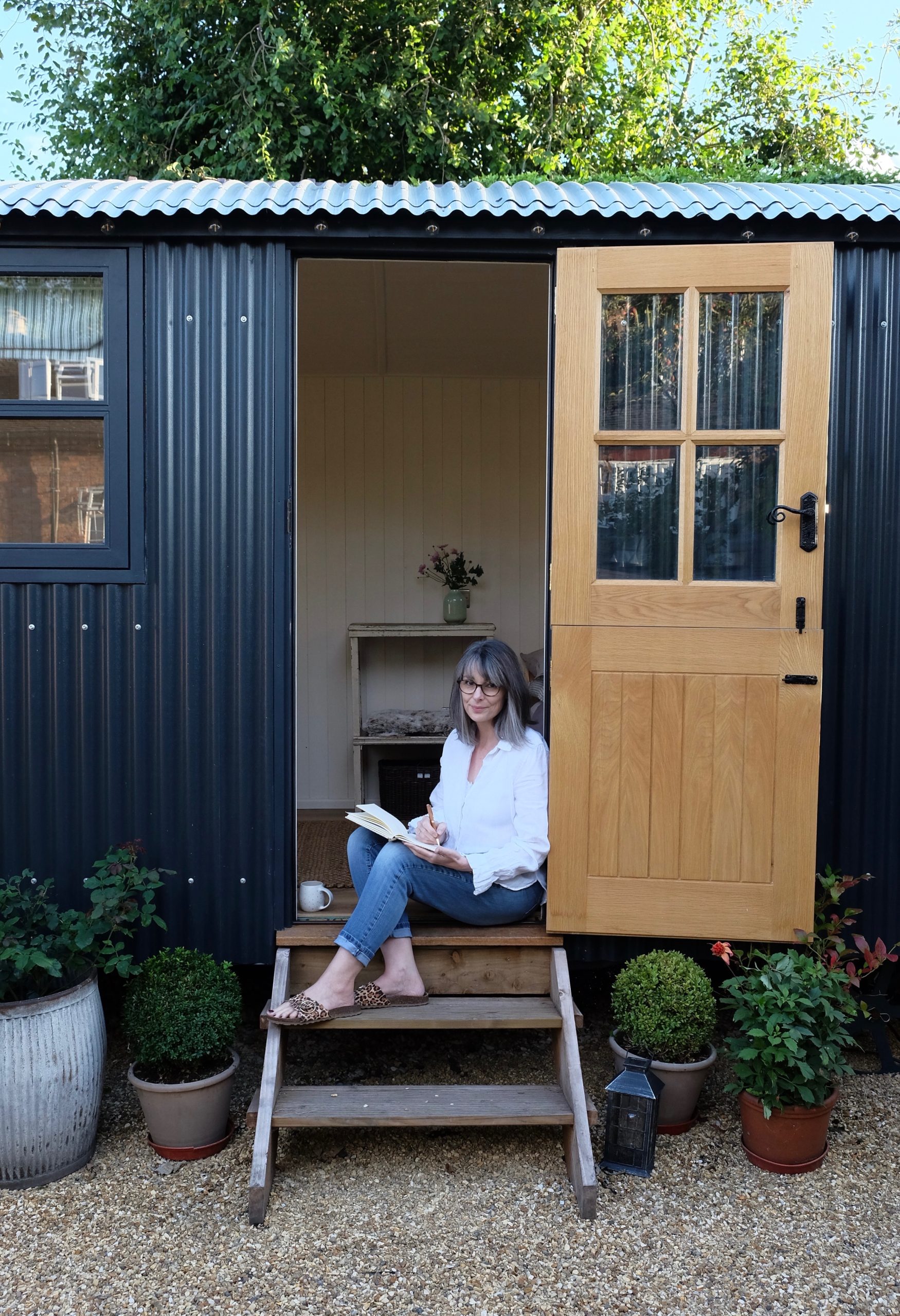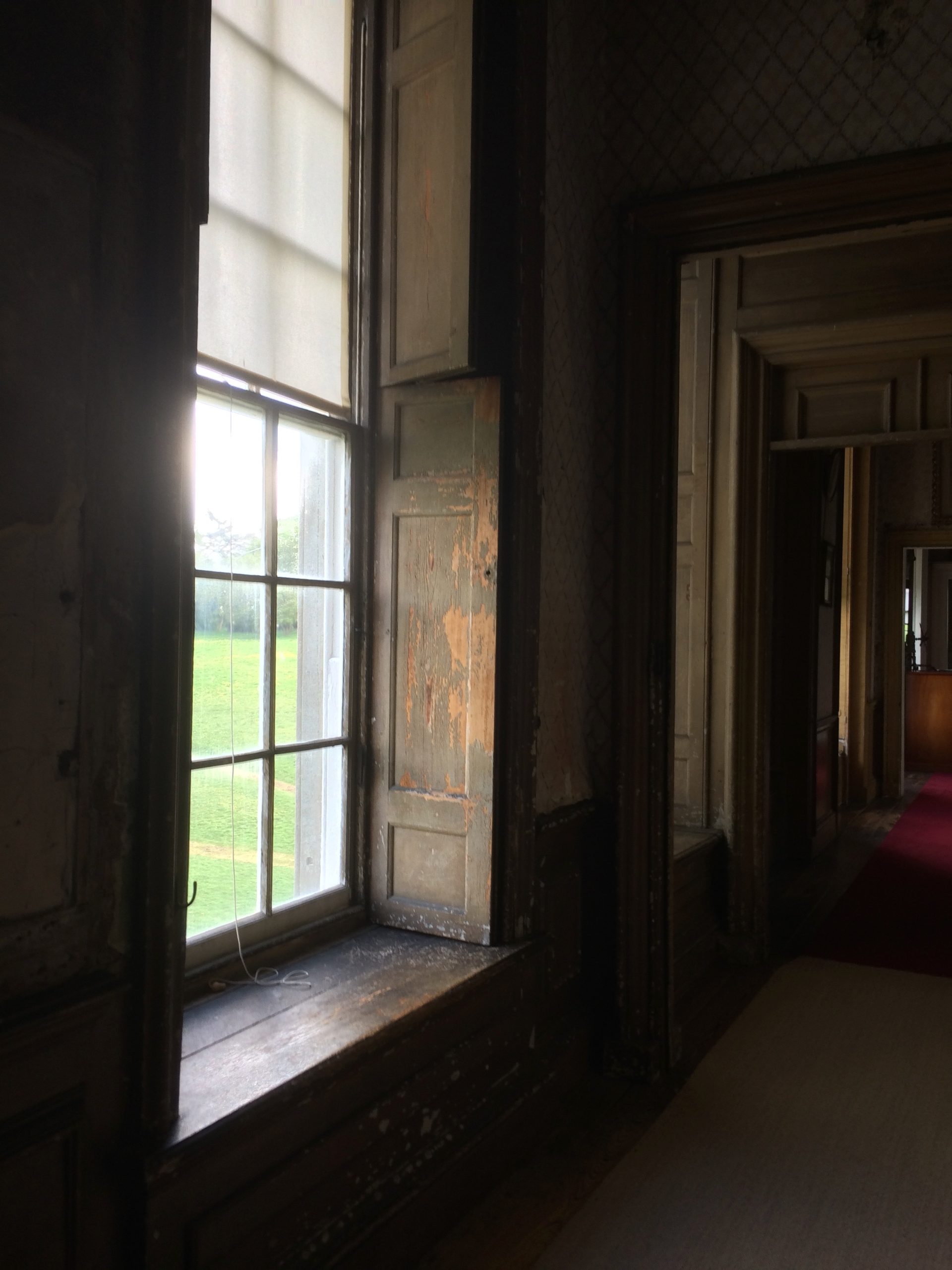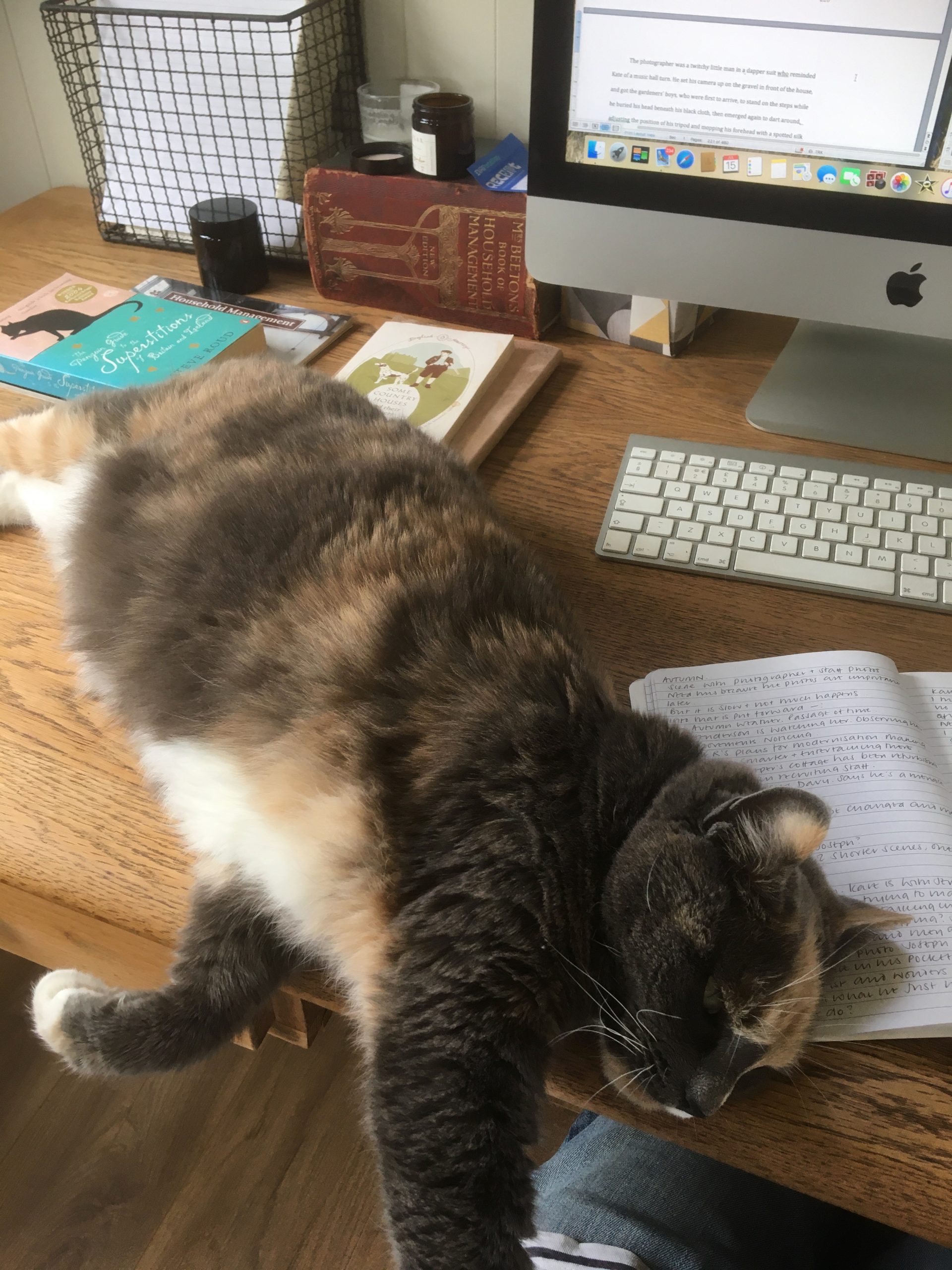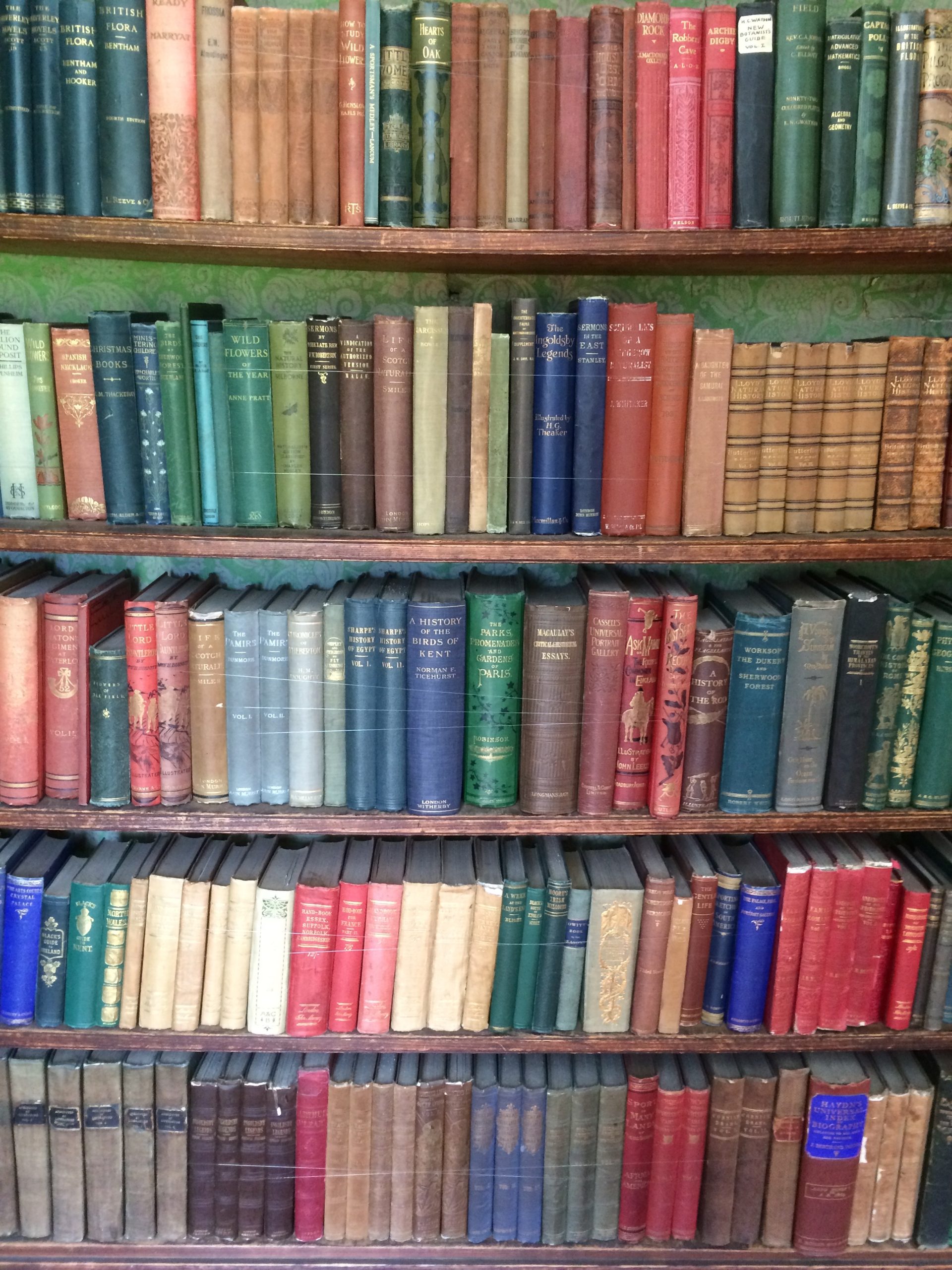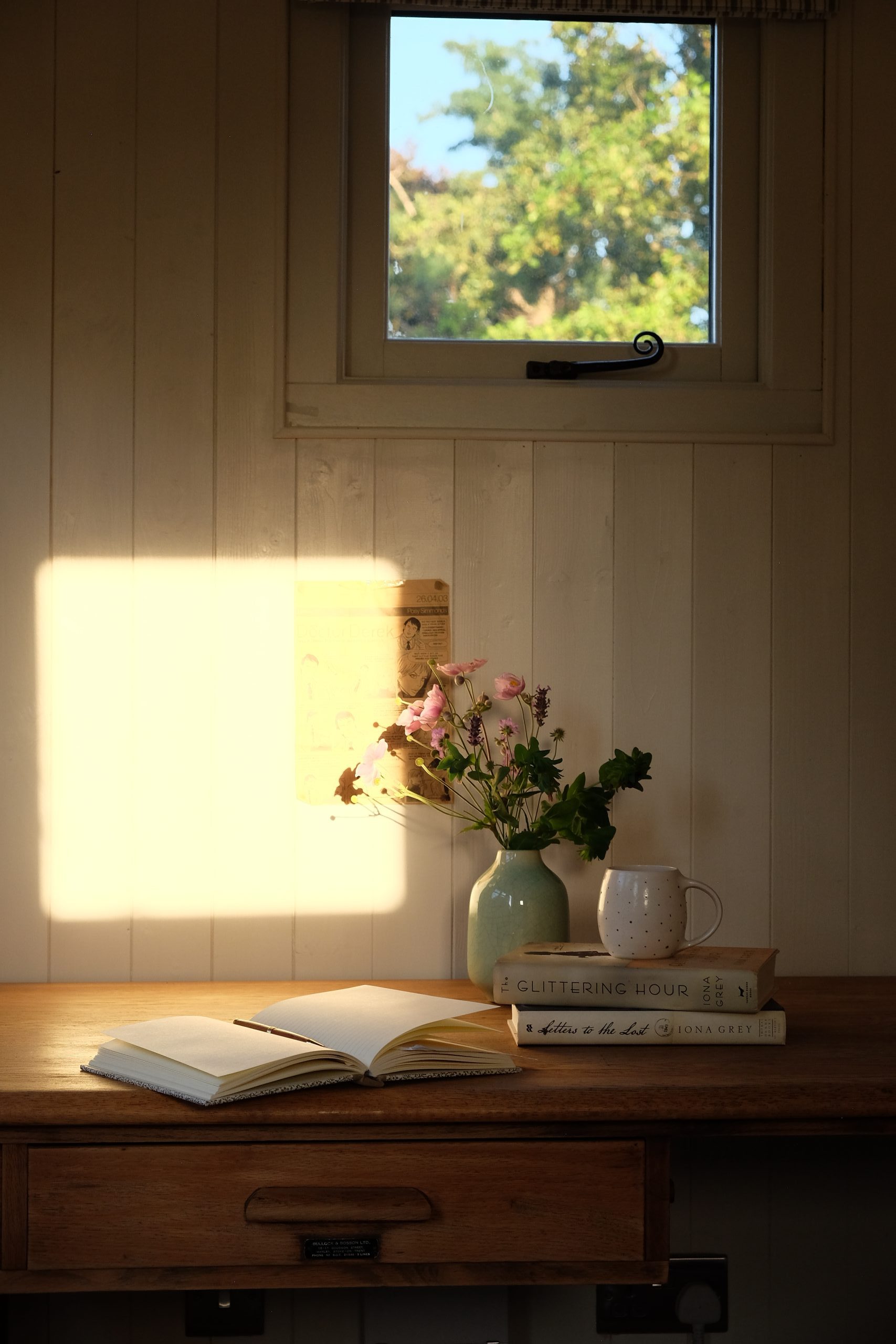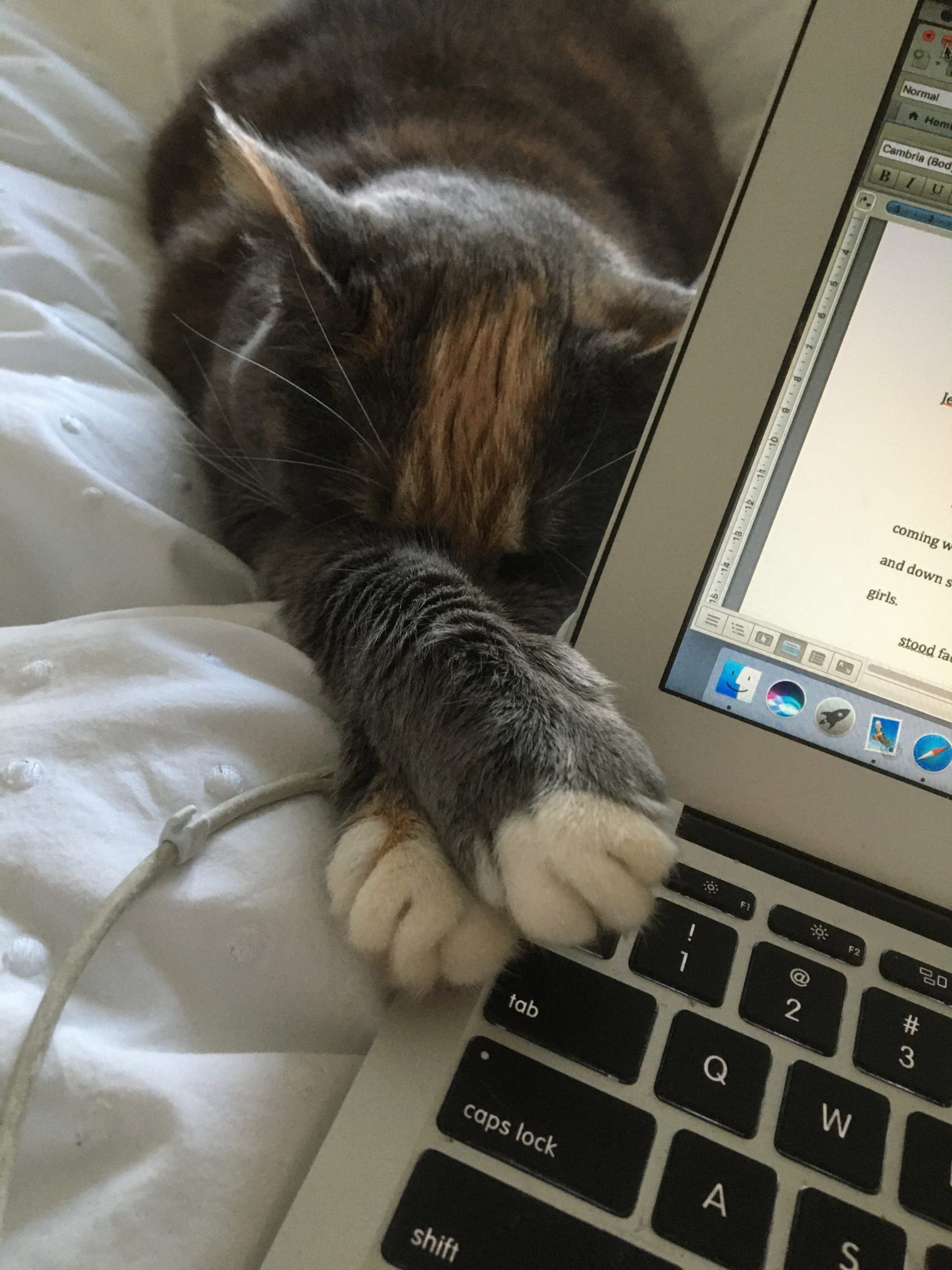WINNER OF THE ROMANTIC NOVEL OF THE YEAR 2016
“Tender, heart-rending and utterly compelling” A Good Housekeeping Reader Recommended Book
“A beautiful love story” Prima
“A touching story that swept me along to its end” Woman and Home
“A beautiful, tender story from a naturally gifted storyteller” Lucinda Riley
“Letters to the Lost pulsates with life, offering a vibrant love story that transcends time and the heartbreak of war. Settle in somewhere comfortable; you are in for an enthralling read.” Kate Alcott, New York Times bestselling author
LETTERS TO THE LOST
The story behind the story…
I didn’t really intend to write this book. One day, passing my daughter’s bedroom, I noticed a handwritten letter lying open on her desk and, quite suddenly the phrase Letters to the Lost echoed through my head. I went on, thinking that it would be a good title for a book – so much so that it had probably been used already, which was why it sounded familiar. (It hadn’t then, but it has since!)
That was the lightning strike of inspiration that began the book (who would the letters be to? Who would they be from?) but I guess that it had been quietly piecing itself together in my mind for a lot longer than that. On the day I noticed the letter I was working on a novel set in the Edwardian period. I’d been writing it (or trying to) for about a year by that time, and thinking about it – researching and plotting and researching some more – for a lot longer, but in spite of all that meticulous reading about clothes and hairstyles and food and motorcars and music, it was stubbornly refusing to come to life on the page. As I began to imagine the possibilities of this new story about letters there was a voice in my head speaking much more clearly than any of my cardboard cut-out Edwardians ever had, leading me forward into the world of the book. It became the voice of a character called Ada, and as she described Stella and Charles’s wedding (the first scene I wrote) it sounded utterly familiar and vivid to me. I think this is because I recognised it as the voice of all the women I’d grown up with who had lived through the Second World War and shared their experiences with me.
My godmother was one of these women. She’d been a teenager during the war (born in the same year as the Queen; a child when war broke out and a young woman by the time it finished) and she spoke often of that extraordinary (to me) ordinary (to her) time. She told me about the weary misery of rationing (no sweets!), the dread of an air-raid siren in the night and an orange glow on the horizon. She described how her cousin had made her a dress for a dance from an old tablecloth, and how once – in frustration and desperation – she’d bought a trench coat from a black market salesman who’d come knocking on the doors down their street. She’d thought it would make her look like the film stars they saw on the cinema screen, but when she got it inside and tried it on (feeling horribly guilty because buying on the black market was not only illegal but unpatriotic) she realised it was hideously cut and made from a nasty, stiff rubberised fabric that reeked of fish. She laughed as she told the story, but the teenage me felt the bitterness of her disappointment and regret.
She and her husband had lived next door to our parents when my brother and I were born, and since they had no children of their own they became stand-in grandparents. Their house, with its 1950s furniture and china figurines, became part of the landscape of our childhood, and when she died it fell to us to sort through its contents and oversee their disposal. We didn’t expect to find anything we hadn’t seen a hundred times before. The rooms were empty and the clearance van had left by the time we tackled the garage, assuming that the contents of the rotting cardboard boxes lined up on the shelves would all be destined for the skip in the drive. It was getting dark by this time, that melancholy autumn dusk, and after two days we’d schooled ourselves to be realistic and ruthless when it came to keeping versus throwing away, so we only gave each one the most cursory of glances. We could very easily have missed the rusty old biscuit tin that turned out to be stuffed full of photographs, diaries, telegrams, birthday cards, receipts, ration books, medals and letters. Lots of letters.
The trouble with letters is that they only tell half the story. The great thing about them is they allow you to make up the other half for yourself. The letters I discovered in those tins in the garage were more of the ‘we had a nice weekend in Wales’ variety rather than the ‘I promised to love you forever in a time when I didn’t know if I’d live to see the start of another week’ kind, but they gave me a glimpse into that half-known past, and a time when our round, comfortable, always-the-same auntie was a young woman with a tiny waist and a love of dancing. A bride, whose groom had worn the rose and fern buttonhole (crumbling into bleached fragments in the bottom of the tin) on their wedding day. A daughter-in-law with the sun in her hair and a mischievous gleam in her eye as she stood between her stern-faced Victorian in-laws on the seafront at Blackpool. They gave an insight into a different part of a familiar story, when the ending (the bit where I came in) was still unwritten and the future had yet to be captured and pressed into history.
I wrote Letters to the Lost with that tin of papers on my desk, my godmother’s voice in my head and all of the real life stories I had loved throughout my childhood coming back to life in my memory. Part of me wishes she was still alive to read the book, but the other part knows that if she was still here – if the tin of letters was still in that box in the garage – there’s every chance it would never have been written.
BUY NOW ON AMAZON, WATERSTONES OR BOOKSHOP.ORG
Testimonials
‘Captivating characters, convincing and compelling.’
Fern Britton
‘A beautiful, tender story from a naturally gifted storyteller.’
Lucinda Riley
‘A captivating and deliciously romantic tale…that will tear your heart in two.’
Rachel hore
‘Beautiful writing, compelling characters and an ending that made me cry.’
Red
‘Poignant, insightful and beautifully realised.’
Woman & Home
‘Stunning.’
Veronica Henry
‘Gorgeously written… I loved it.’
Jill Mansell
‘An epic story of joyous hedonism and desperate heartache. Just beautiful.’
Catherine Isaac
‘Vivid and heartbreaking.’
Prima
‘A moving period love story.’
Sunday Mirror
Connect
You can find me on Instagram, and have a look at the things that have caught my eye and inspired my books on Pinterest. Or you can message me here, or drop me an email. I’d love to hear from you!
